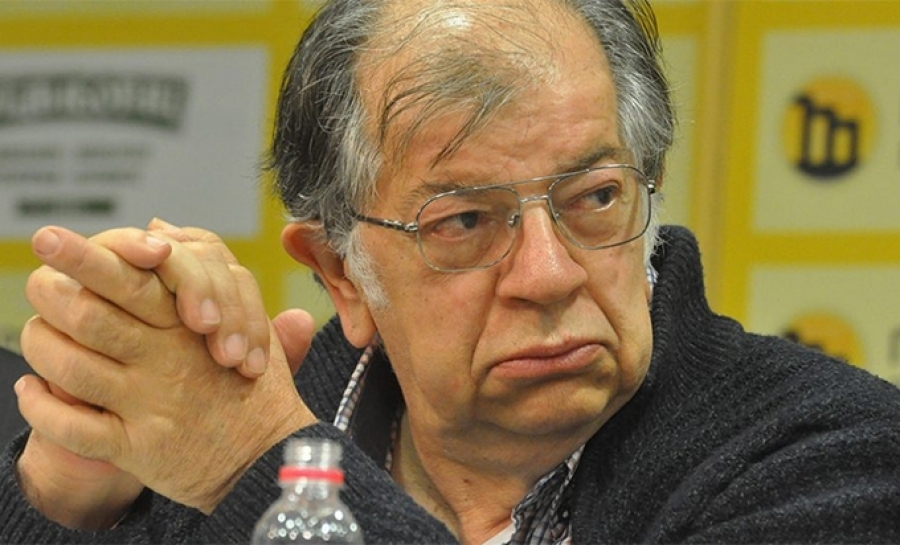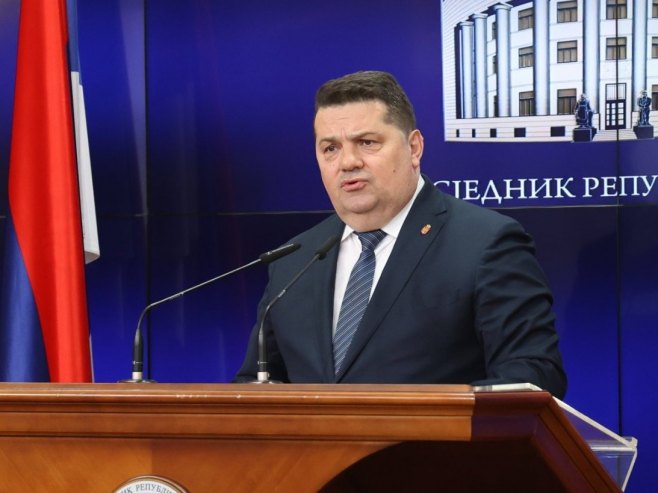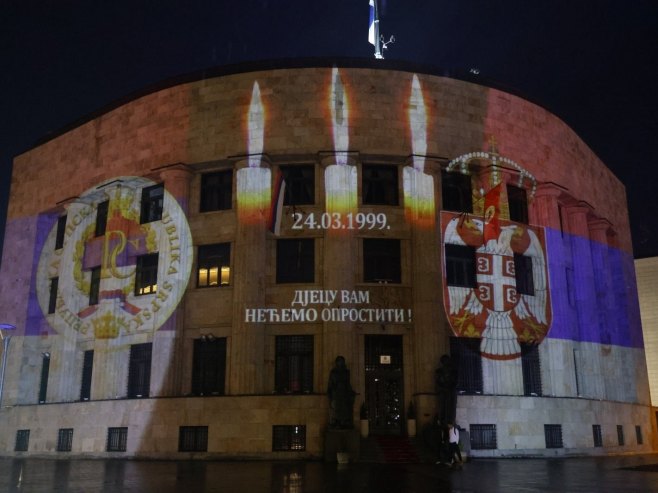The history and present of Bosnia and Herzegovina (BiH) so thoroughly dismantle the illusions of a unified, multi-cultural state that those even slightly informed must wonder how anyone could have ever considered such a project rational, writes Professor Emeritus Nenad Kecmanović.
In an op-ed for Belgrade’s “Politika,” Kecmanović suggests that, without delving into the motives of the international protectorate, the inspiration for a united BiH could only be rooted in socialist-era BiH.
Kecmanović views the Peace Implementation Council in BiH as a substitute for the Politburo of the Central Committee of the Communist Party of BiH, the High Representative as the General Secretary, and democracy as the equivalent of the Communist Party’s democratic centralism.
He notes that even among “Bosnian locals,” there are those who believe that had socialism persisted, it could have led to the amalgamation of the three peoples into a single Bosnian supra-nation, or at least the birth of Bosnian patriotism.
“Perhaps traces of this did indeed begin to emerge, but only as much as Yugoslav patriotism did among Slovenes and Croats. The necessary condition was a minimal capital of trust, which transformed into maximum distrust, a level not seen even in 1914 or 1941,” Kecmanović argues.
He believes that even if socialism had lasted, it would likely not have been different, considering the centuries-old history.
Kecmanović points out that the history of BiH can be traced not only as a continuity of peace and cooperation among the three peoples, interrupted by occupations and wars, but also as a continuity of antagonistic coexistence and wars, interrupted by periods of peaceful coexistence.
He recalls that Serb academic Milorad Ekmečić tried in vain to explain that there are three national histories and cultures in BiH.
Kecmanović interprets Ivo Andrić’s “thin line that separates love from hate in Bosnia” not only as the simultaneity of extremes that does not run between people but through people, but also as an unpredictable alternation dangerous to hundreds of thousands of lives, because, as Andrić said, “on the border of Bosnia, all logic ceases.”
“The rural ‘neighborhood’ and urban ‘raja,’ which have grown into a myth of spontaneous integration of the population in BiH from below, regardless of religion and nationality, and despite official policy from above, functioned only at the local micro-level and never halted broader national conflicts,” Kecmanović writes.
He highlights that even the highest achievements of BiH, such as 1,000 schools, 1,000 kilometers of roads, the gasification of the capital, “Energoinvest,” “Šipad,” “Agrokomerc,” the Winter Olympics, “Do You Remember Dolly Bell” and “Death and the Dervish,” “Bijelo Dugme,” “Top Lista Nadrealista,” and sevdalinka music at Ilidža, failed to integrate the republican society. “Not everyone rejoiced equally or felt pride, and Mikulić did not become the Bosnian Tito,” Kecmanović notes.
Kecmanović adds that both Serbs and Croats love BiH, but only in parts of the territory comprising 75% of the country, while Bosniaks love it in its entirety, but from 25% of the territory.
“If NATO doesn’t forcibly ‘return’ the so-called ‘temporarily occupied territory,’ as they call it, to them in some Bosnian ‘storm,’ and Trump won’t, then in the ‘second half of the civil war,’ which they invoke, they risk losing even that quarter of BiH, because their ‘mother countries’ would again come to the aid of their ‘diaspora,'” Kecmanović warns.
He adds that they continue to dream that the Serbs will simply leave across the Drina River.
Kecmanović points out that through mutual ethnic cleansing, according to the 2013 census, more Serbs were expelled from the territory of the Federation of BiH than non-Serbs from Republika Srpska. He also notes that even before the war, there were larger territorial-ethnic concentrations of Serbs in Krajina, Semberija, and eastern Herzegovina, Muslims in central Bosnia and Cazin Krajina, and Croats in western Herzegovina, Bosna Srebrena, and Posavina.
“Americans can win in BiH, but they won’t solve anything, and that’s why they should contribute to a ‘velvet divorce.’ That was said by Kissinger, not Dodik, who calls it a ‘peaceful separation.’ NATO planes and black swans have already come and gone, and the outcome of the first democratic elections in the ’90s only confirmed that BiH is a permanently impossible state,” Kecmanović concludes.
Source: RTRS








